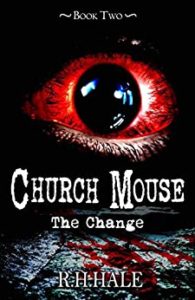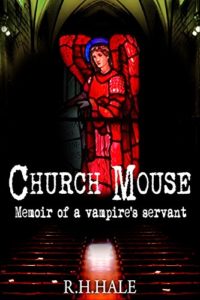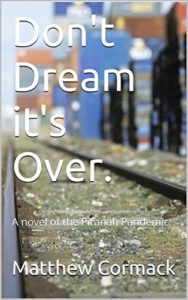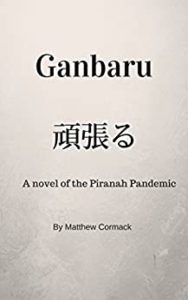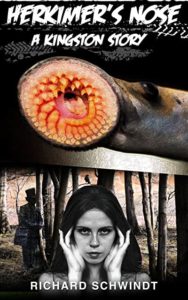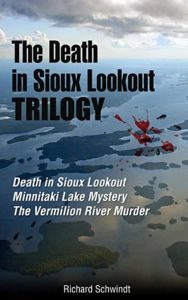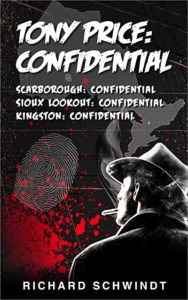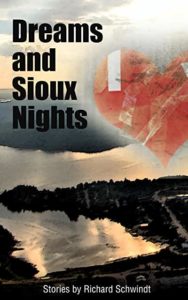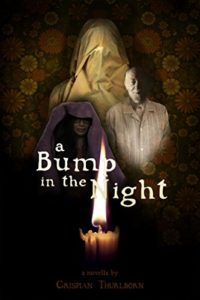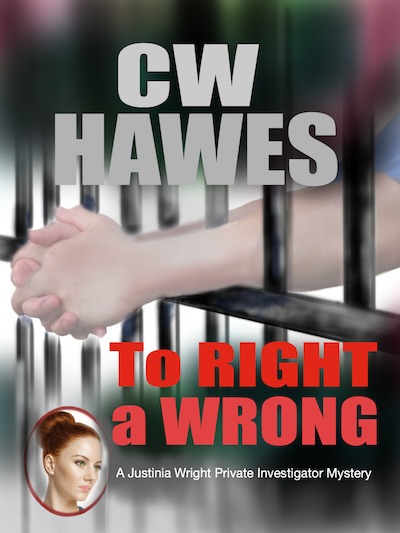This past weekend, I got a big shock, a sad shock: one of my favorite indie writers, Ben Willoughby, is hanging up his pen. He’s taking down his Twitter profile and pulling his books off of Amazon. I encourage you to get his books while you can — you won’t be sorry. He’s a doggone good writer.
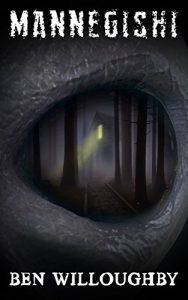
Buy Ben’s Books!
For nearly 5 years, I’ve been an independent author/publisher. And I’ve had a blast. I’ve loved every day of the adventure.
However, along the way, I’ve seen writers drop out for sometimes unknown reasons. None of those writers were bestsellers, and perhaps the lack of financial reward convinced them that they had better things to do with their time. And that is a decision only they can make.
In the end, the writer himself or herself has to decide if telling stories is worth the effort or not.
In the case of Mr Willoughby, I’m very sad that there will be no more new books from him. But I have to respect his decision that his time can be spent better in other pursuits. After all it is his time and not mine.
But it is just a tad frustrating for me as a reader, when a good writer, such as Mr Willoughby, quits writing, leaving the field to writers who are much inferior. Writers who are often on the bestseller list. Which completely baffles me, by the way. How does a mediocre at best writer get people to buy his or her books by the truckload? In a world full of unfair things, that is perhaps one of the most unfair. Mr Willoughby should be on the bestseller list, and it is very sad that he is not.
For me, though, writing is the thing. I cannot imagine any other life. And at my age I have lived a life or two. I hope to heaven, I die with a pencil in my hand putting words on paper. And that after I crossover, I pick up that pencil and continue writing.
As I’ve noted before, I don’t make much money at this. Last month was the best month I’ve had in a year. I made 30 bucks and change. And there are better writers than I, who don’t even make that much. Which is a very sad commentary on those of us who are readers.
In some ways, I see myself like the old prospector in the movies panning for gold and hoping to strike it rich. If I don’t keep at it, I definitely won’t get rich.
On the other hand, is such a pittance worth all the effort? I can only answer for myself, and that answer is yes.
From 2001 to about 2013, I actively published my poetry. And I did it the traditional way, submitting to print and online magazines. I was fortunate enough to achieve a bit of renown, and to pick up an award or two, and even pick up a couple bucks.
The truth is there is no money in writing poetry. Yes, there is the exceedingly rare individual who for a short period of time is popular enough to make some money. But that popularity doesn’t last and the person fades away.
Writing poetry is truly a labor of love. You have to find satisfaction in something other than money. And for over 10 years I did. But then I felt I needed a bigger canvas on which to work, and as I was nearing retirement I wanted to live my dream of writing fiction full-time. And I am living my dream. I write full-time. I just don’t make a full-time income.
Once I realized that in order to make money at this writing gig I needed to have money, money for websites, money for bookcovers, money for various services, money for advertising, I realized that unless somebody took me under his or her wing and promoted the heck out of my work I was not ever going to get on the bestseller list. Because I just don’t have money to risk on the business end of self-publishing. I’m retired and on a fixed income.
Reality sucks, but realizing what reality is has helped me to adjust my attitude from fantasy to something more realistic.
And I am content, at least for now, at where I am at. I don’t have money to pour into advertising, I don’t have the money to get fancy-schmansy bookcovers like the bestselling guys have, I don’t have money to pay other people to do all the stuff that I don’t want to do just so I can spend all of my time writing. I am a one man band and I have to live with that reality.
And I am okay with it.
But if other writers do not want to put up with the crap and decide that they have other things they would rather do then spend hours producing work that virtually no one buys — I cannot blame them for leaving writing behind. After all who wants to do a thankless job forever, especially if you have other things on your bucket list that you want to do?
I am just sorry to see the good ones go, because that leaves me just a little bit poorer.
I wish Mr Willoughby well. I am thankful that I got to know him, that I have his books on my Kindle app, and that I can reread them at my leisure.
Now you can do him a favor by buying his books and giving him a nice goodbye present. You won’t be sorry. He’ll be gone and you will still have his wonderful books.
Buy Ben’s Books!
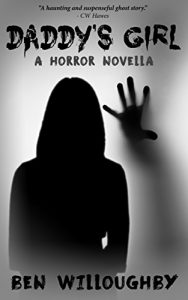
Comments are always welcome! And until next time, happy reading!
Share This!

